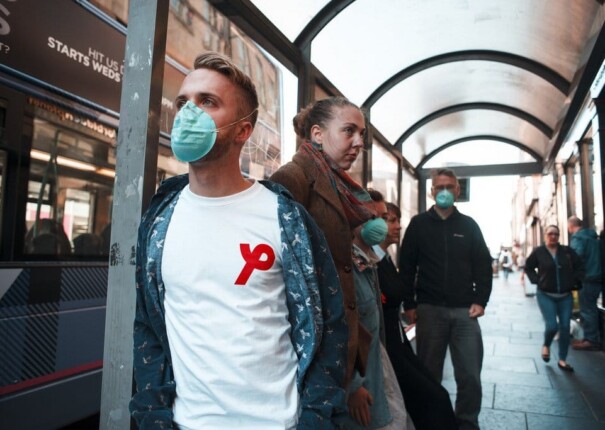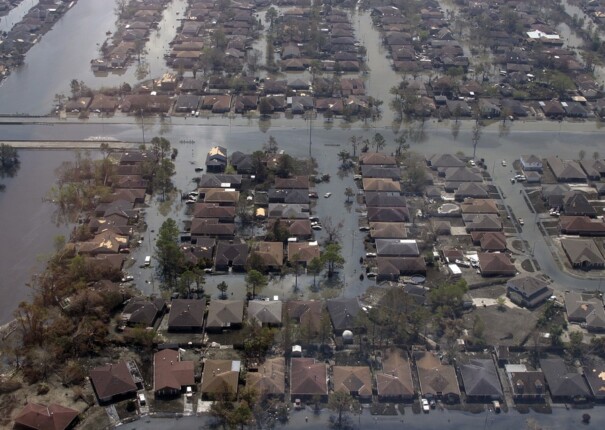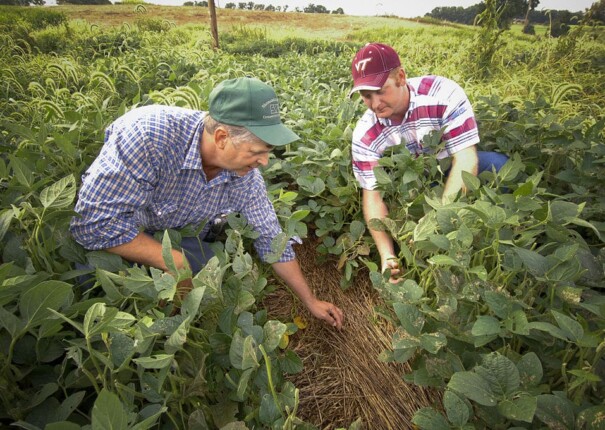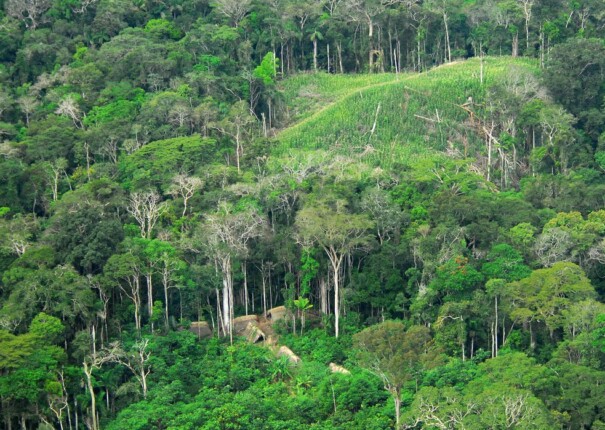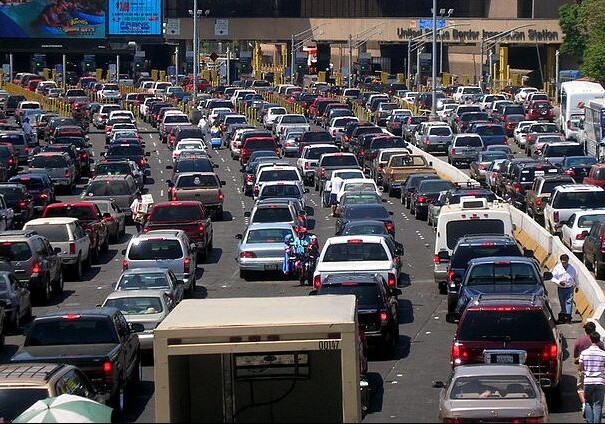Climate change increasing fire weather days in California; emissions reductions can reverse this
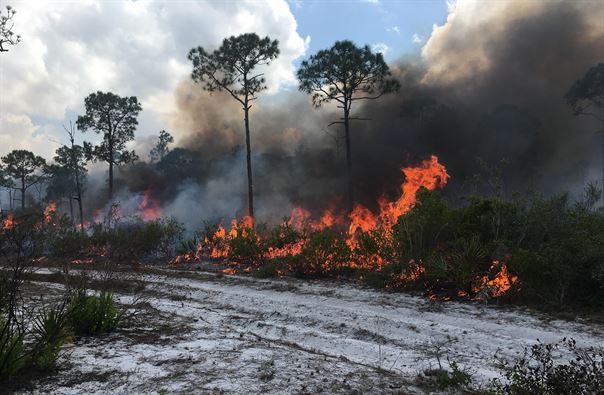
from Environmental Research Letters Highlights As the state gets warmer every year due to the effects of climate change, California’s wildfire season is being fueled by offshore winds, dry vegetation, and drought. These fires result in public health risks from smoke and can result in long term energy shutoffs. Fire Causes Human exposure and vulnerability … Read more

